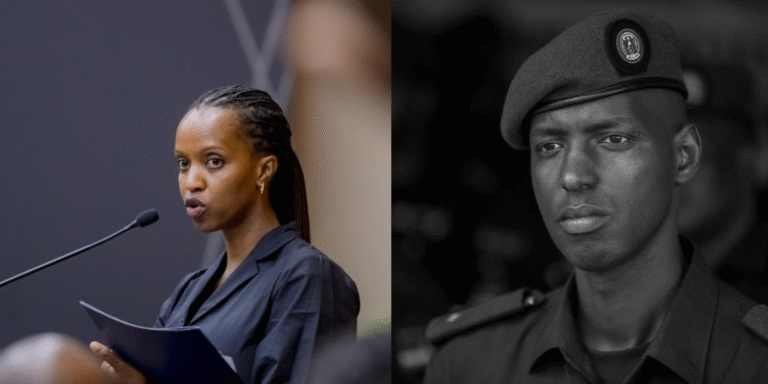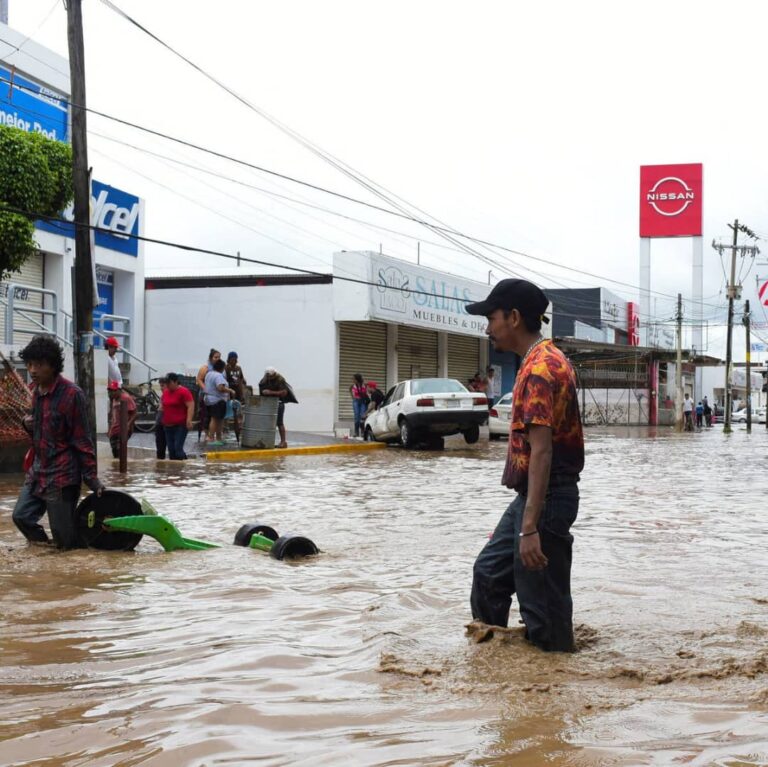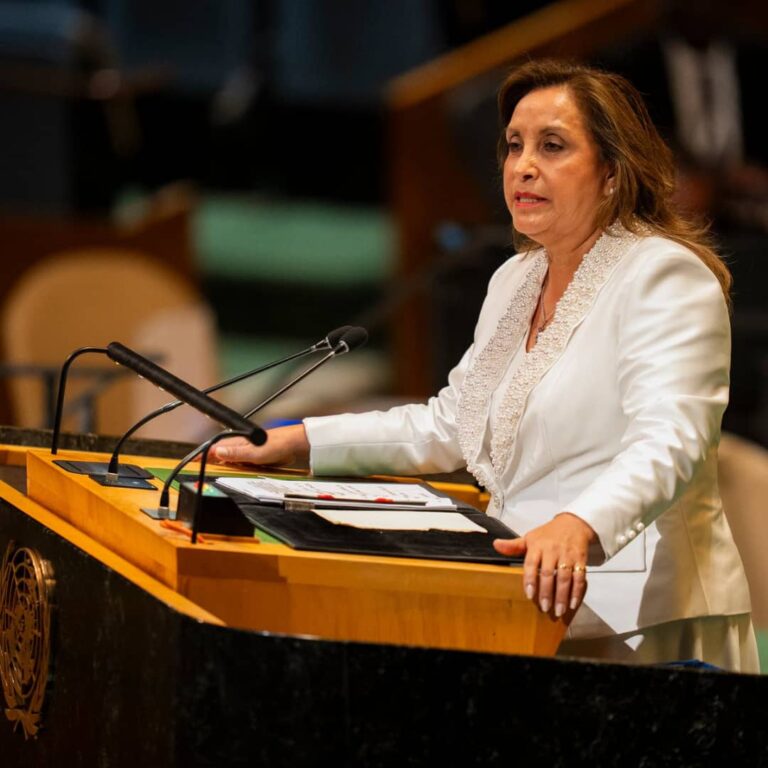In today’s Russia, internet freedom is shrinking. Thousands of websites are blocked, including international news outlets, payment platforms, and even social media.
For millions of users, the only way to stay connected to the outside world is through VPNs — apps that disguise their location and bypass digital walls.
But recently, even that last option has come under threat. Dozens of VPN apps have disappeared from Apple’s and Google’s Russian app stores.
Among them: Amnezia and DVPN, two popular tools widely used to access foreign media. The removals came after pressure from Roskomnadzor, the Russian internet authority that actively fights online anonymity.
Now, human rights groups are raising questions. Why did two of the world’s most powerful tech companies follow Russian demands? Are Apple and Google helping a repressive regime censor its people?
In a public letter signed by over 50 organizations, activists accuse the companies of aiding censorship by removing apps that protect free expression. Apple and Google have remained silent.
At the same time, the Russian government continues to fine both firms for not complying fully with local laws. Yet neither company is banned, and both continue to operate in Russia.
This has led observers to describe the situation as a double game: the Kremlin threatens, but keeps tech giants around. The tech companies push back — but not too hard.
Behind the scenes, it’s a delicate balance: stay in the Russian market, or stand firm on human rights. For now, it seems the line between resistance and compromise is getting harder to see.





















